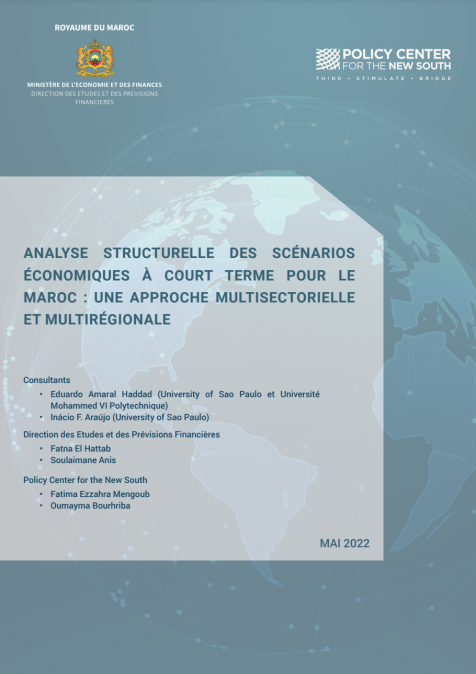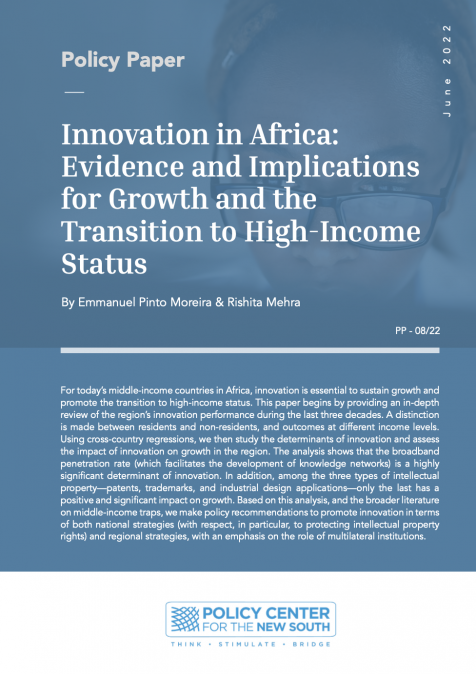Publications /
Annual Report
Book / Report
La succession des chocs pandémique, climatique et géopolitique a éprouvé les économies africaines. Les liens commerciaux et financiers avec le monde ne sont plus seulement considérés comme des moteurs de performance, mais aussi comme des sources potentielles de vulnérabilité. La défiance à l’égard de la mondialisation s’est accrue. Parce qu’elle est venue souligner la dépendance du continent, le dérèglement de ses rapports à la nature et sa vulnérabilité face aux tensions géopolitiques. Cela va-t-il inciter l’Afrique à s’engager dans de nouvelles stratégies de développement moins débridées, plus autonomes et accélératrices de la transformation structurelle?
Dans un environnement incertain, l’enjeu économique n’est pas seulement de reconquérir une nouvelle frontière de croissance, il est aussi de réinventer les modèles de développement. Il s’agit de tracer le chemin de compatibilité ente l’innovation économique, la cohésion sociale, la durabilité écologique. Il s’agit de renforcer la convergence des dynamiques des Communautés économiques régionales et du chantier de la Zlecaf pour tisser une interdépendance économique, vecteur de la résilience du Contient. L’Edition 2021 du Rapport du PCNS sur l’Economie Africaine réunie des contributions d’une pléiade de chercheurs, praticiens du développement et acteurs de premier plan pour explorer les voies de renouveau de la solidarité économique africaine, valeur fondatrice du projet panafricain.







